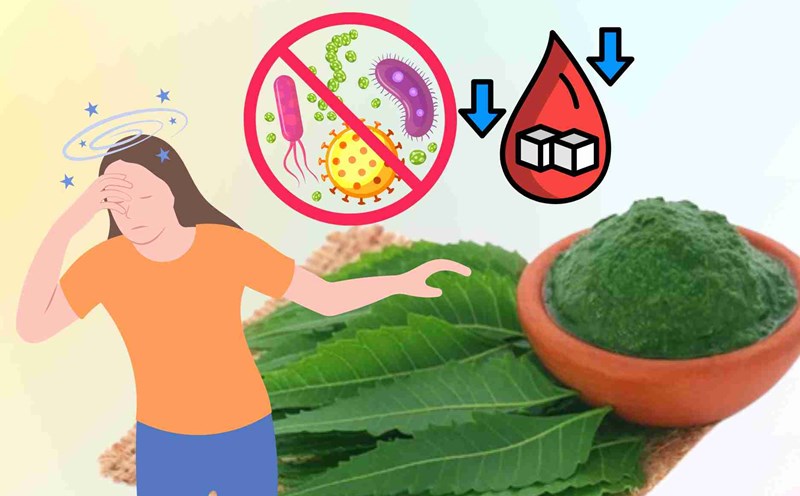When is it best to drink kombucha for the body?
Not just a type of gas-fermented tea, kombucha is increasingly popular thanks to its rich content of beneficial bacteria, antioxidants and vitamins. However, the benefits of kombucha do not only come from the ingredients but also depend on the time you drink it.
Sharing on verywellhealth, nutritionist Melissa Nieves, LND, working at Clinica Ochoa (Puerto Rico) said that the timing of drinking kombucha may affect the effectiveness of this drink: Although there is no clear confirmation, some times of the day can be more suitable depending on the purpose of use, she said.
Morning or early afternoon: The natural caffeine content in kombucha can bring mild alertness, making it a good start to the day.
When eating: Drinking kombucha at meals can aid digestion thanks to probiotics, which help balance the intestinal microflora.
On an empty stomach: Some people like to drink on an empty stomach to get the most nutrients, but this requires more research to confirm.
However, according to Nieves: The best time to drink is when you feel it is suitable for your physical condition and lifestyle.
Potential benefits: From digestion to supporting blood sugar
Kombucha is made by fermenting green tea or black tea with sugar and a probiotic enzyme called SCOBY. This fermentation process creates many nutrients such as B vitamins, vitamin C, zinc, iron, polyphenols and beneficial organic acids.
A study in the Journal of Functional Foods shows that kombucha can help improve gut microbiota, especially in obese people. In addition, kombucha is also noted for its ability to:
Immune support: Thanks to the probiotics that affect the inflammatory response and the immune system.
Stabilize blood sugar: Small research in people with diabetes shows that drinking kombucha for 4 weeks helps reduce fasting blood sugar.
Improve cholesterol and liver: Some animal studies have shown that kombucha can lower blood fat, reduce hepatitis and prevent fatty liver.
Although initial results are promising, most studies are still limited and need to be confirmed in humans.
Be careful when using:
Although kombucha is considered safe for healthy people, there are still risks:
Risk of infection: Homemade Kombucha can be contaminated with bacteria if not hygienic.
Not suitable for some subjects: Pregnant women, children and people with weakened immune systems should avoid using.
Contains alcohol and caffeine: Some kombuchas may contain small amounts of alcohol and caffeine which is not suitable for people who should avoid these two ingredients. It is important for consumers to clearly understand their physical condition and discuss with health experts if they are not sure if kombucha is safe for them, biologist Melissa Nieves recommends.











